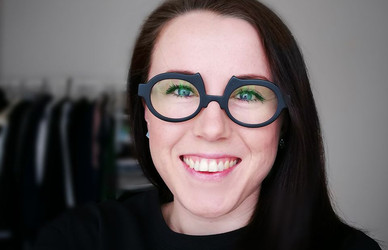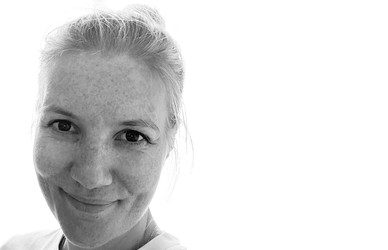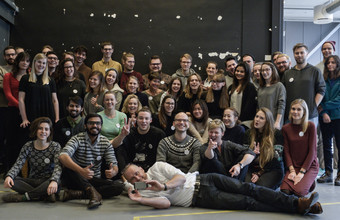Companies demand and need more play
"In many parts of the world play is regarded as pure entertainment and as something that is not particularly important. But in Denmark we have a great motivation to create good play experiences because in our culture play is perceived as a way to develop ourselves," says Karen Feder, a PhD student at Design School Kolding. Her research project Child-Centred Design for Play is based on several years of efforts at the school’s LAB for Play & Design, where a number of Danish companies since 2013 have been involved in acquiring a new understanding of design, creativity and educational play experiences for both children and adults by engaging in play themselves.
"The first big step forward happened at our DesignCamp in 2013, I believe" says Karen Feder. "We had gathered designers from 10 Danish companies for a fortnight of intensive boot-camp with the purpose – together with design students from around the world – to challenge them to adopt a generally more playful approach to design. We helped them to appreciate that design of play is not about a product, but about the way a child – and people in general – experiences the world."
Going outside at recess
After the Camp the companies wanted more play, and hence the Play User Lab was established in cooperation with the ‘Children's Capital’ in Billlund. The main focus has been on innovation and supplementary training, where the playful part is not necessarily only about the company's customers, but also about the internal company culture:
"After DesignCamp we realised that there was a great need to equip people to design play for children. A large amount of relevant knowledge and research on play exists, but it is rarely linked to what is going on in the companies. We could see that many designers use their own childhood, their own children as their sole reference. We would like to change that approach, "says Karen Feder. For example, they took a number of product designers out into a schoolyard:
"We took them outside at the ten o’clock recess and gave them the task of observing and asking the children about their play. That gave them a completely different way of assessing the products' potential. For children do not only think 'Mooncar' or ‘Climbing Frame’. They think, for example, 'How can I disappear’ or 'How can I hide?' That insight into the children’s world gave the participants a completely different basis for creating the framework for good play."
Stuffed animals, yes please!
Another challenge has been to translate much of the existing academic research into a playable material, through clear graphics and visualisation.
"We know that none of the companies reads those voluminous research articles," states the PhD student. "But there really is a lot of useful knowledge available. Therefore, we in LAB have tried to translate and disseminate much of the existing research on play and design, in order to give the companies involved the right tools."
At the same time the cooperation has provided excellent opportunities to test existing design methods in practice and also to develop entirely new ones. For if you want children to supply the user input, rigid questionnaires are useless. Stuffed animals and glitter tape are needed, says Karen Feder, who on several occasions has observed how the playful approach moves a corporate culture in new directions. In her newly started PhD project, she will study how involving children in their product development affects designers in Danish play companies:
"As an adult, one reflects on the world on a different level than children, who live in the moment. They cannot and should not look back in the same way. Therefore, many participants were insecure about how they were going to convince their management about the new ideas," says Karen Feder.
But by using observation of children, experiments with design methods plus doses of basic research to provide a perspective, more space for play has already been provided in several of the companies involved.
In 2017, Design School Kolding and the international Cumulus Association will be hosting a large, international conference with the title REDO. The purpose of the conference is to zoom in on design’s role in creating a sustainable future and achieve impact on political decision-making processes. As a prelude to the conference, we will be bringing a series of articles to show Design School Kolding’s research and how we work to bridge the gap between design thinking and design practice.





